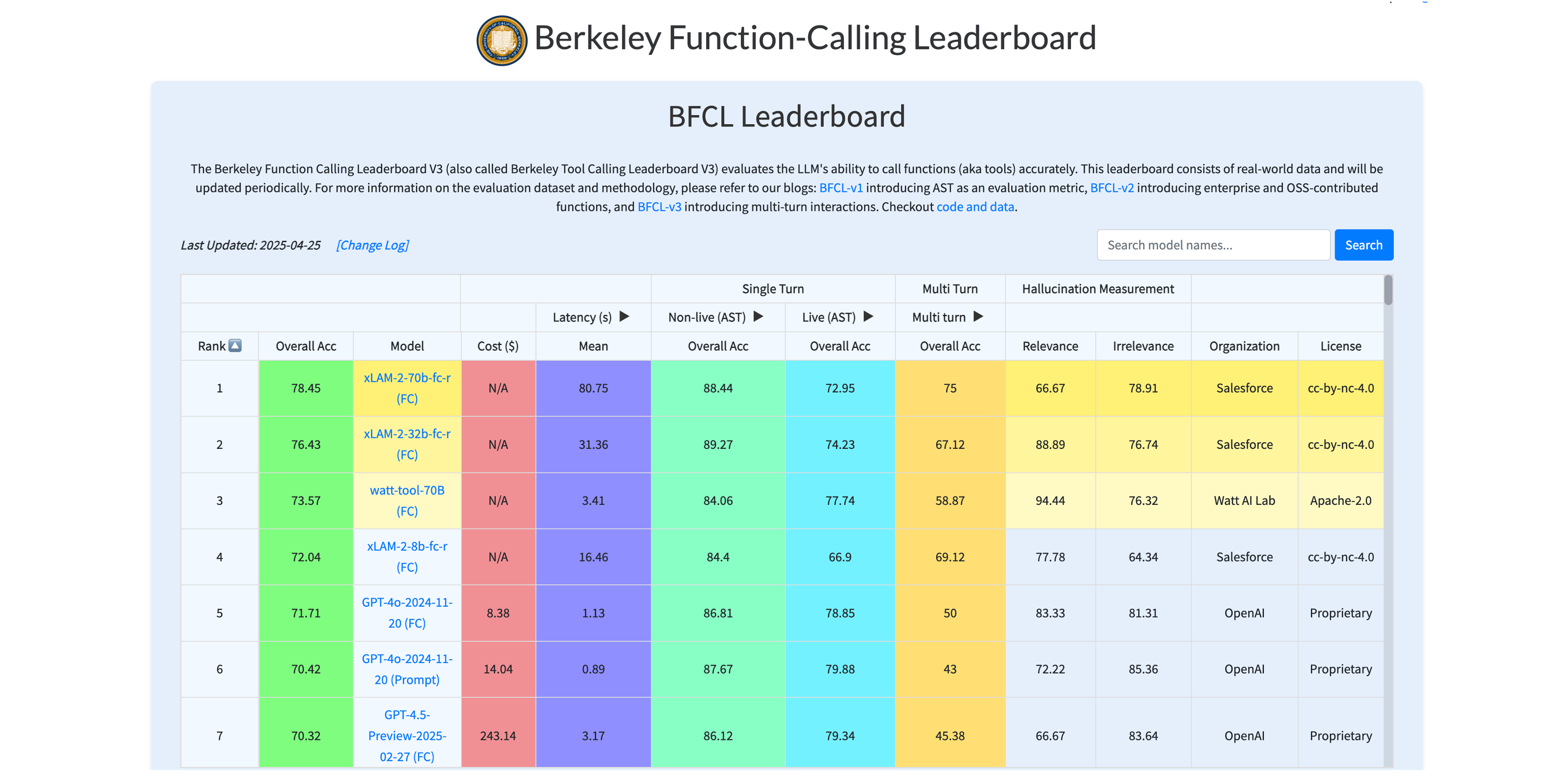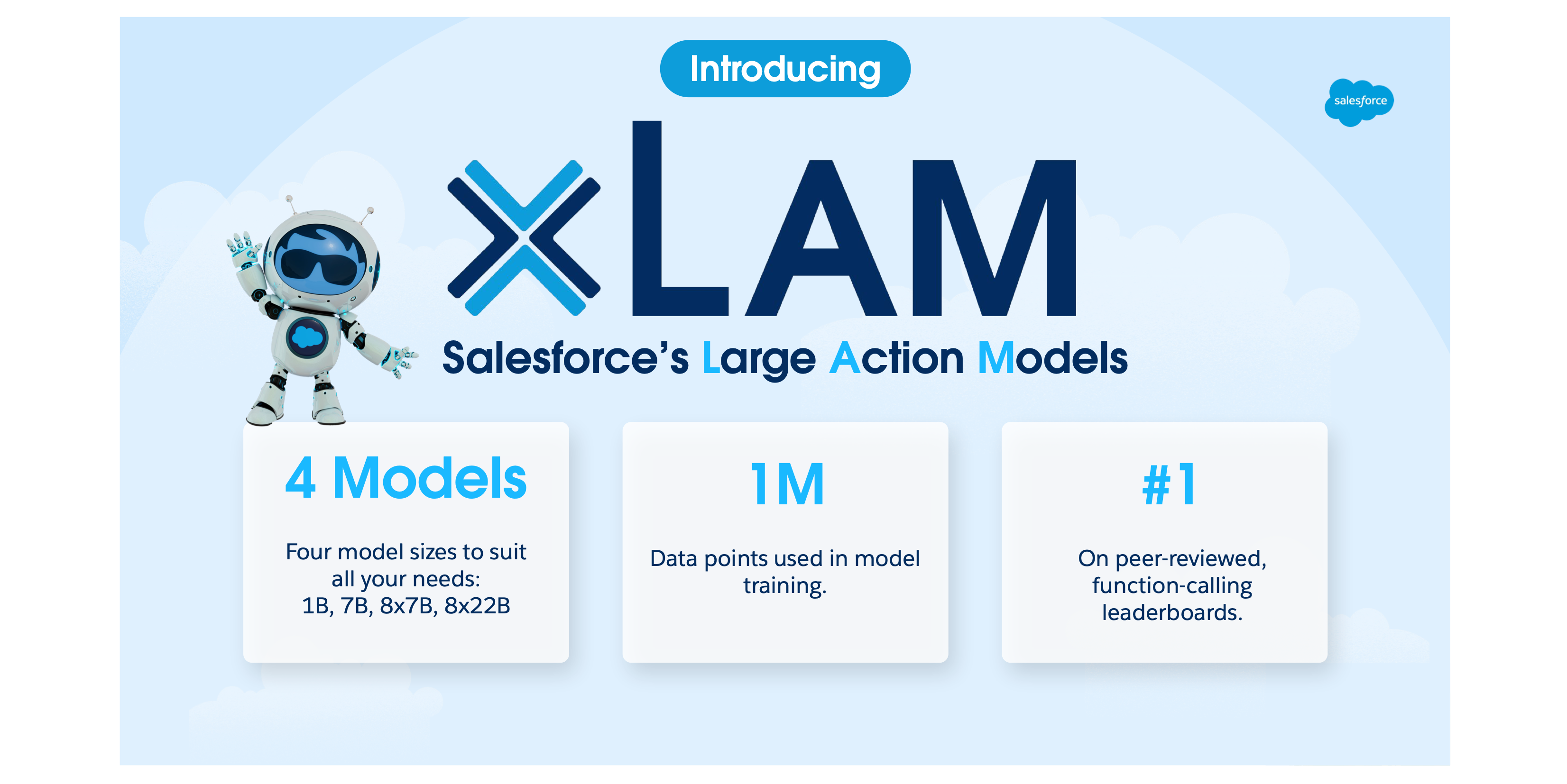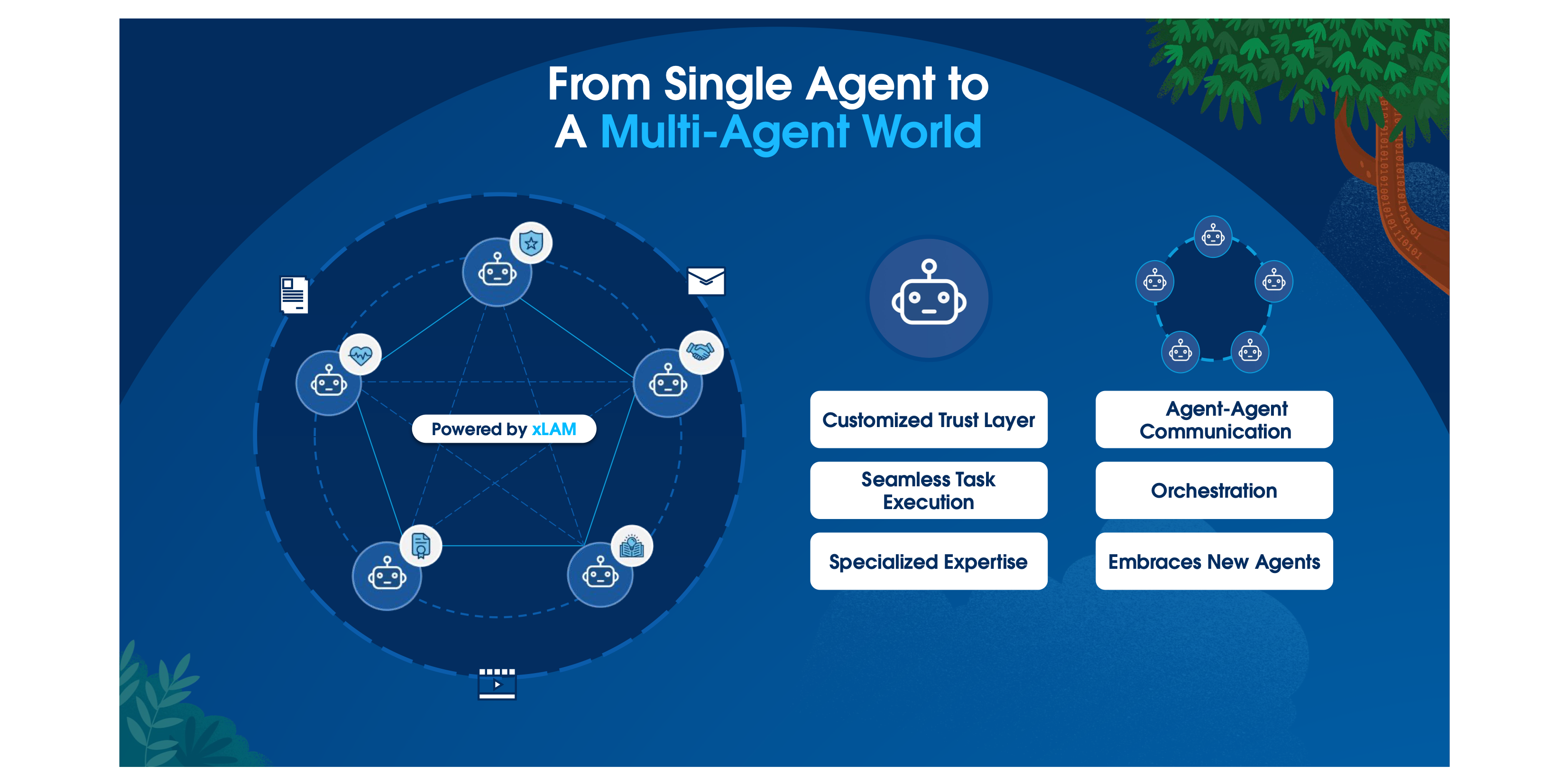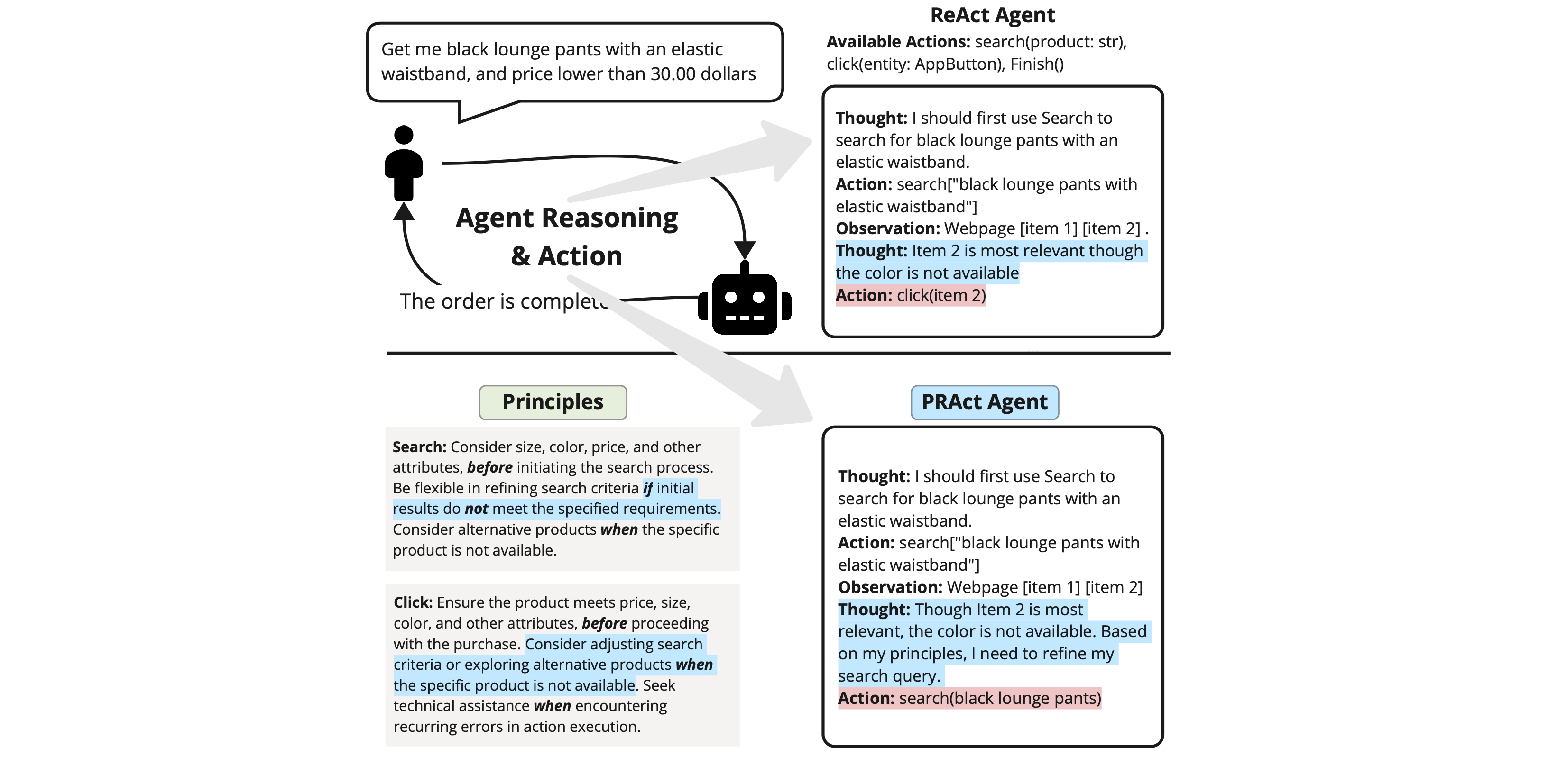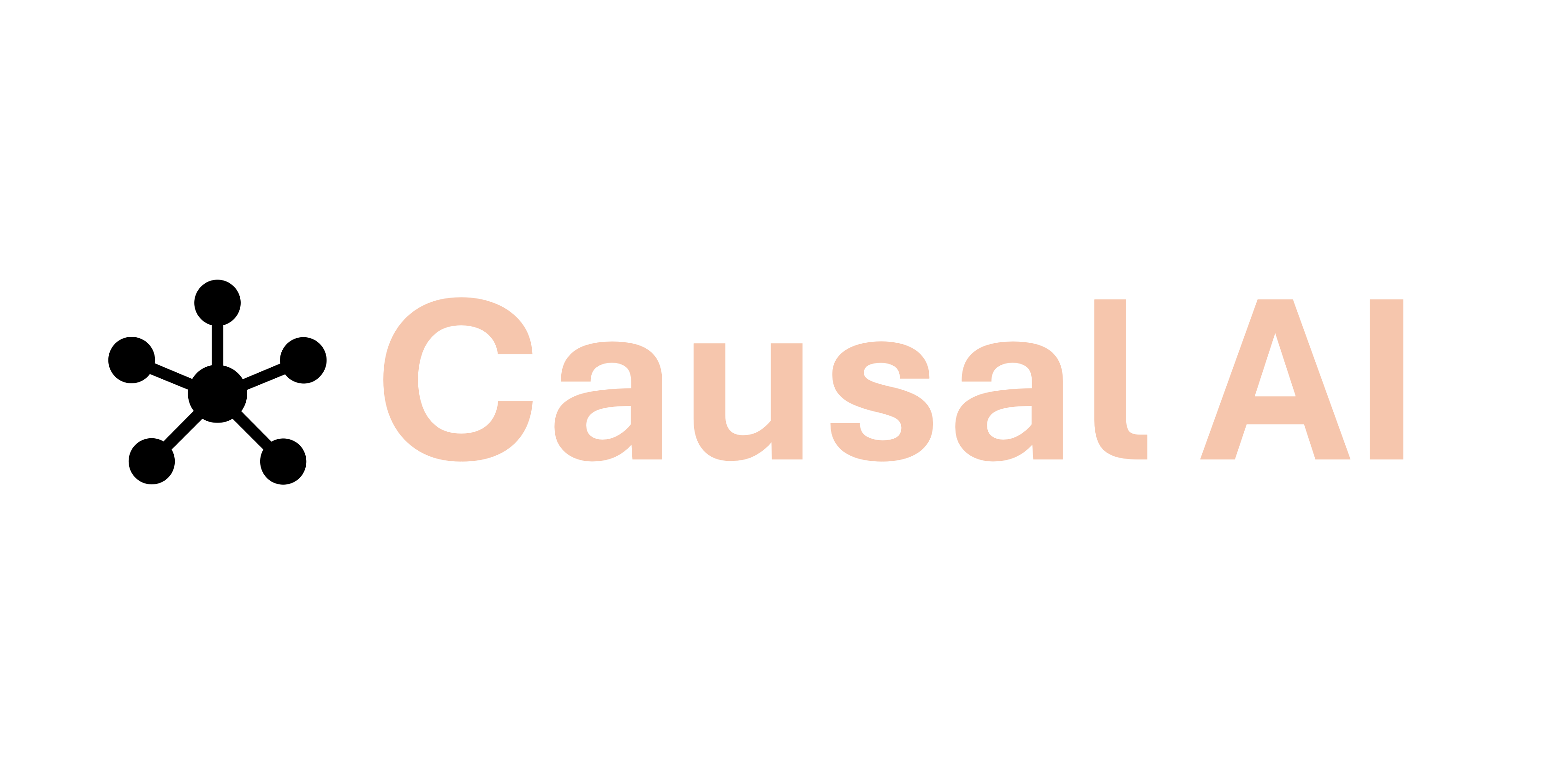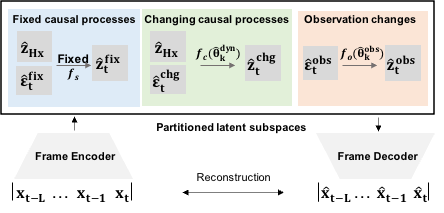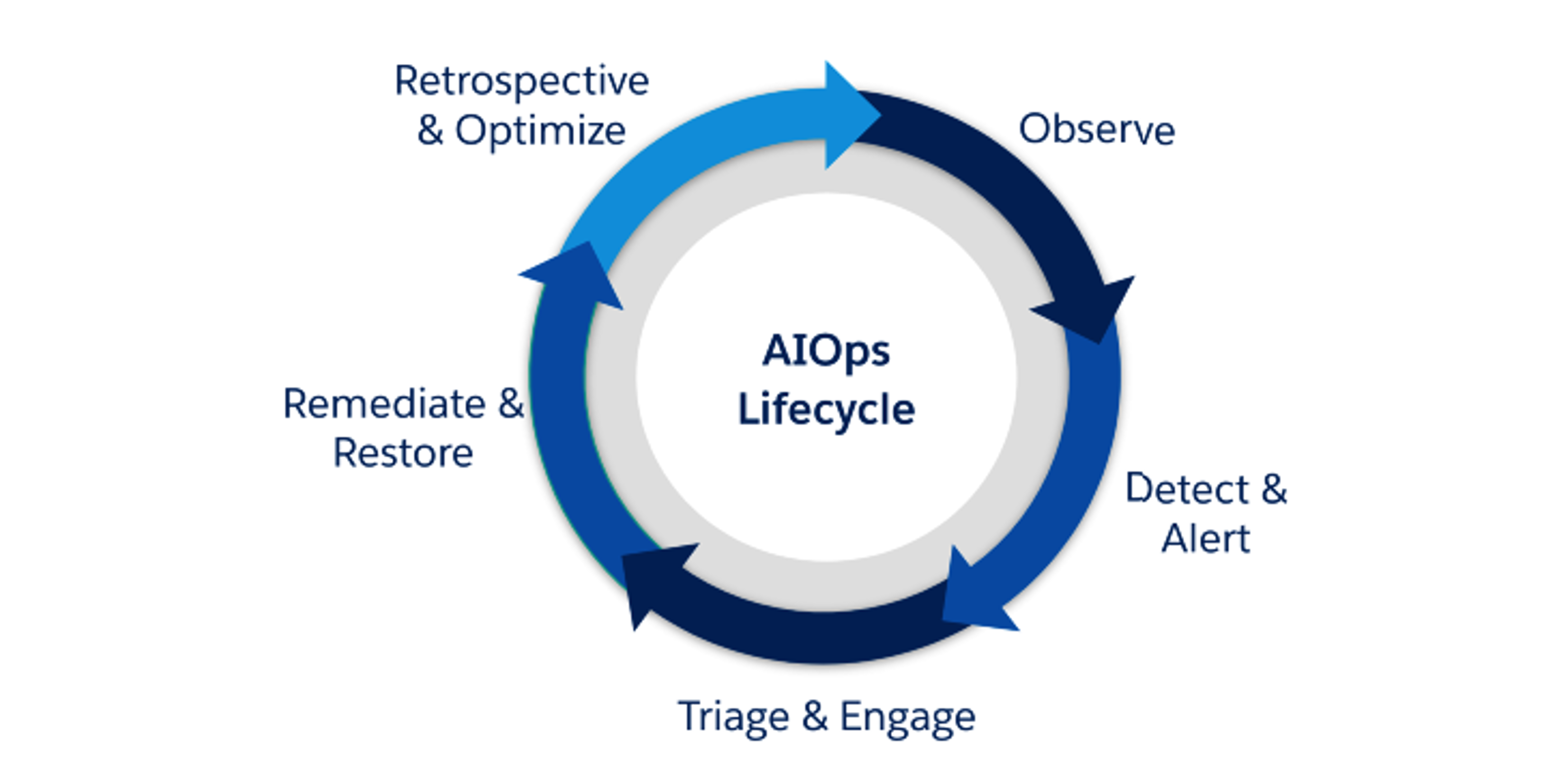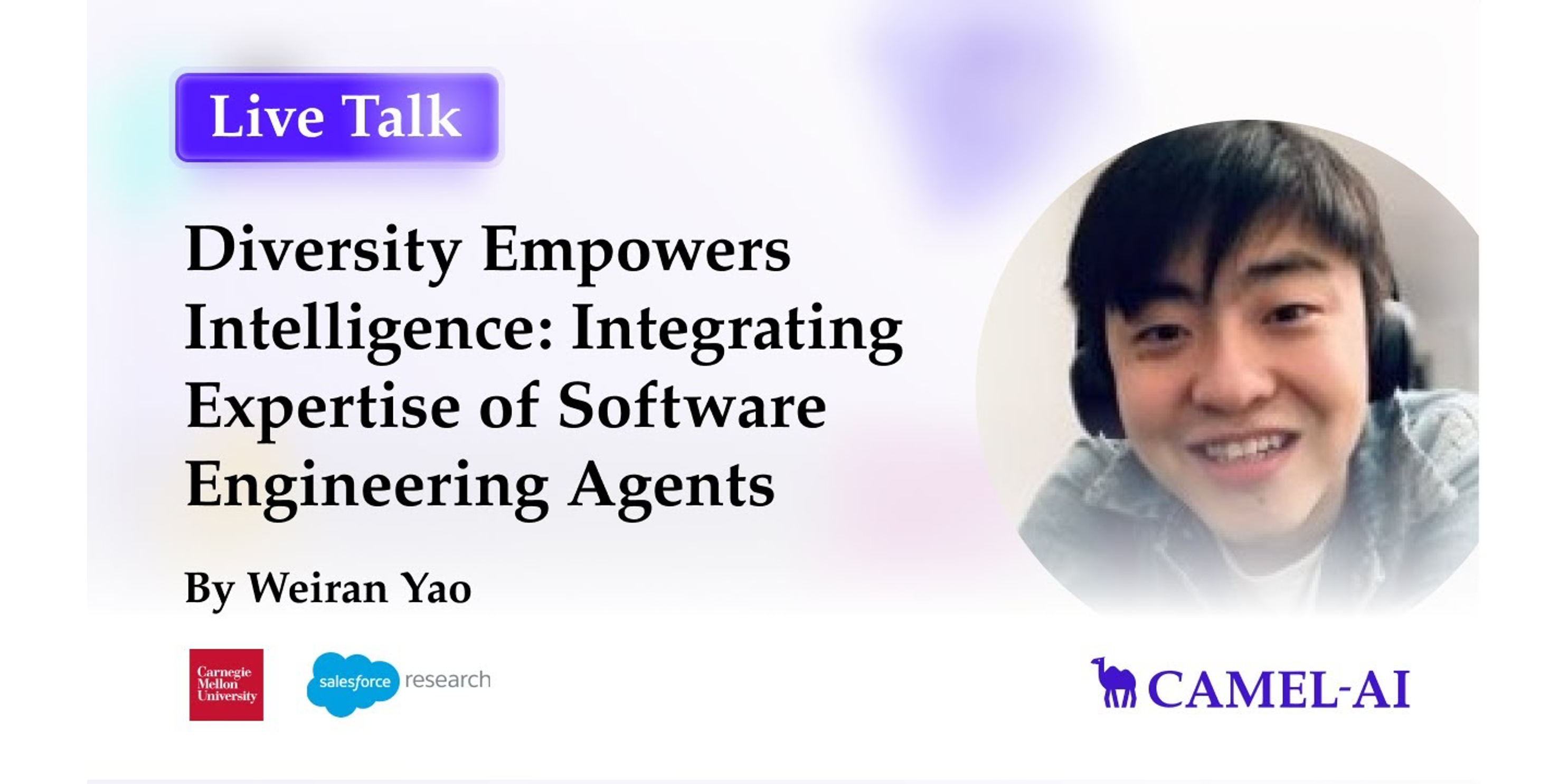
Hi, I'm Weiran Yao
I'm a Research Scientist & Manager
at Salesforce AI Research
I develop multi-agent AI systems and train their language models.
At  Salesforce, I work on AI agent systems including SlackAgents, AgentLite, CodeGenie, SWE Agents, and WebAgent.
Salesforce, I work on AI agent systems including SlackAgents, AgentLite, CodeGenie, SWE Agents, and WebAgent.
 Salesforce, I work on AI agent systems including SlackAgents, AgentLite, CodeGenie, SWE Agents, and WebAgent.
Salesforce, I work on AI agent systems including SlackAgents, AgentLite, CodeGenie, SWE Agents, and WebAgent.
For models, I've led post-training of Retroformer, a genertive critic model for self-reflection. I've worked on xLAM, a family of state-of-the-art language models for function calling. I conducted research on synthetic data generation pipeline for APIGen and AgentOhana.
For products, I've led delevopment of AIOps for cloud incident causation analysis, enhancing operational efficiency on Salesforce Availability Cloud. I worked on function call and structured output API endpoints of Salesforce xLAM services.
I did my Ph.D. and M.S. in Machine Learning at 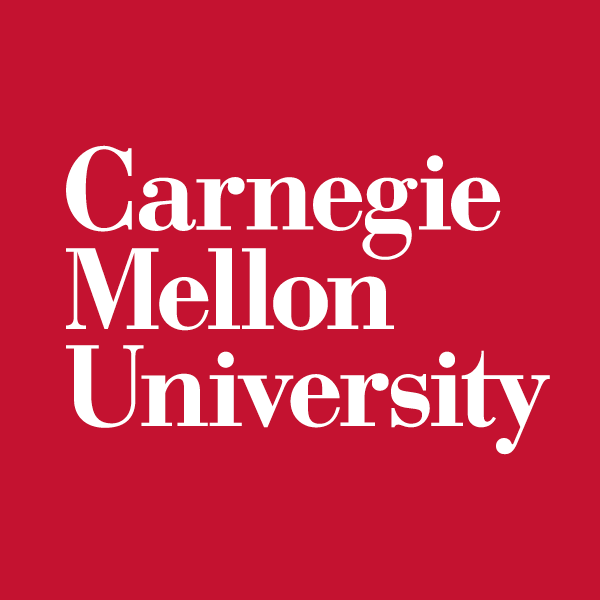 CMU, focusing on model interpretability, where I was advised by Dr. Kun Zhang.
CMU, focusing on model interpretability, where I was advised by Dr. Kun Zhang.
 CMU, focusing on model interpretability, where I was advised by Dr. Kun Zhang.
CMU, focusing on model interpretability, where I was advised by Dr. Kun Zhang.
Featured Research Publications
Latest research for fans of AI Agent, RL and Interpretability.
Generative Critic Model Optimized for Self-Reflection and Reasoning Capabilities of AI Agents
ICLR
2024
Salesforce's In-House Library for Multi-Agent Orchestration and Reasoning
arXiv
2024
AI Software Engineer with 55% resolve rate on SWE-Bench Lite
ICLR
2025
Featured Engineering Projects
Innovative AI systems I've developed and deployed at scale.
Enhancing IDE Productivity through AI Code Planning, Editing, and Execution
Aug 2024 – Present
Featured Talks & Presentations
My favorite talks and presentations given at industry AI conferences and workshops.
Witness How xLAM and Multi-Agent Framework Revolutionize Automation with A Live Demo for Marketing Sales
Dreamforce
2024
Explore Power of Multi-Agent Reasoning with Software Engineering Agents of Diverse Strengths
CAMEL-AI Workshop
2024

